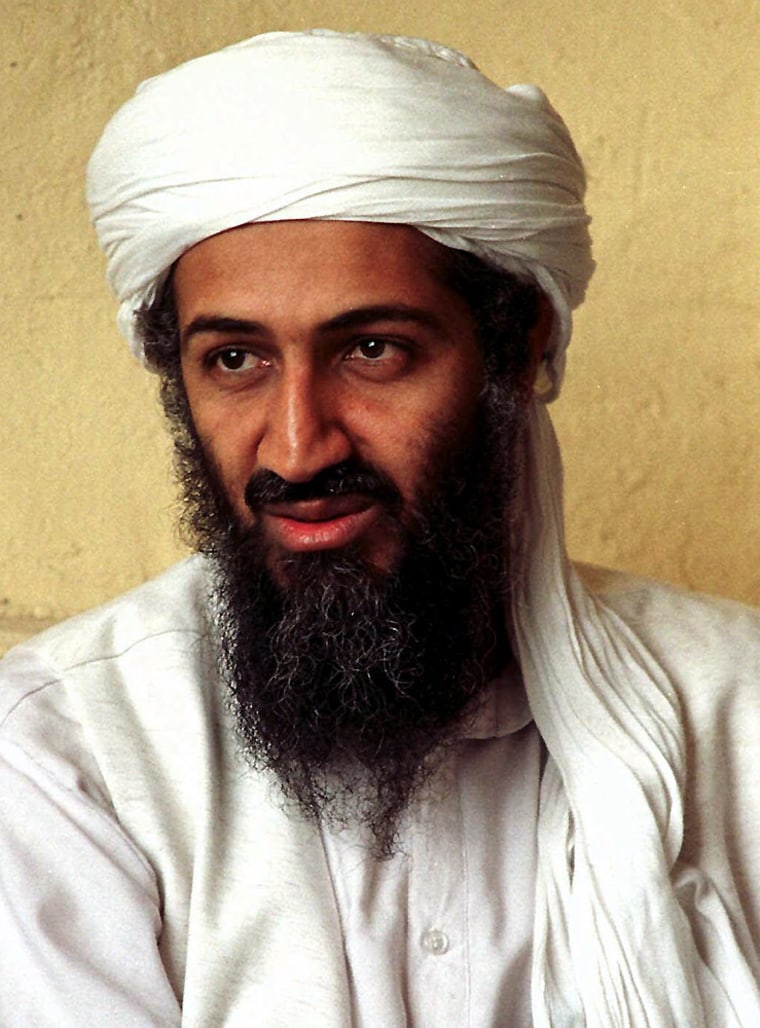George W. Bush’s political handlers are obsessed with a date on the calendar. It’s not Sept. 11 or Nov. 2. It is June 30 — the day of the “handover,” when America’s role in Iraq is supposed to begin winding down. Swing voters who have been withholding judgment about the war want to see if the “transition” produces stability in Iraq and a reduction in American casualties, a key Bush adviser told me. “That’s a critical time,” he said. “It could set the tone for the rest of the race.”
This is the sound of wishful thinking. Team Bush is deluding itself if it really believes that the events surrounding June 30 will lighten the political burden of the war. The reason is simple and depressing: They are not in control of events, and neither are our few allies on the ground in Iraq. Osama bin Laden is in charge. He’s the other “candidate” in this presidential race.
And he’s winning.
A year ago, the Bushies were planning to run away from the economy and toward the war, outing the president’s role as commander-in-chief. Now they might want to run away from the war and toward the economy. Though the president isn’t highly regarded for economic leadership, at least there is good news to brag about (not counting the prices of gasoline).
There is precious little good news from Iraq, or from the wider war on terror. In fact, things couldn’t be going better for bin Laden if he'd written the script.
To be sure, many members of his inner circle have been killed or are on the run. Finances have been disrupted, and police agencies have had considerable success rounding up potential terrorists. But look at the rest of the wartime ledger from OBL’s own point of view. For him, it’s all upside.
Taliban on the comeback
In the last year or so, the U.S. has divided its friends and united its enemies. The Taliban is on the comeback trail in the mountains of Afghanistan, and the Saudi royal family — no angels, but at least fitfully cooperative — are in the fundamentalists’ line of fire. We wrested control of one giant oil-producing country (Iraq) from the hands of a bad guy (Saddam) but in doing so may have helped generate an insurrection in the biggest of them all (Saudi Arabia). To bin Laden, Iraq is Afghanistan of a quarter-century ago, times 10: a recruiting ground, a cause to unite all Arabs and Muslims in jihad, the start of the ultimate clash with the infidel.
Iraq was the war Bush wanted. But it also was the war OBL wanted. Not even in his most fevered prayers could bin Laden have imagined the propaganda coup offered by the pictures of humiliated prisoners in Baghdad. It’s unfair, really: Saddam’s murderous sadism went on for decades, largely away from the media’s eyes. We are conducting our war in public and by standards of decency and law unknown in the Persian Gulf. But pictures don’t come with context, and these paint us the way OBL wants us to be seen.
Bin Laden’s bet was, and is, that the United States is too weak-willed and economically vulnerable to last for long in a war against jihadis motivated by centuries of hatred for the West. The American public will tire of the fight, and the cost will weaken an economy already facing competition from Europe and China. He hoped to provoke an Armageddon, and now he has one.
Will al-Qaida try to launch another attack in the U.S. before the presidential election? Probably. How would that effect the presidential election? Hard to say. America is not Spain, but the public’s patience is not unlimited, either.
Howard Fineman is Newsweek’s chief political correspondent and an NBC News analyst.
